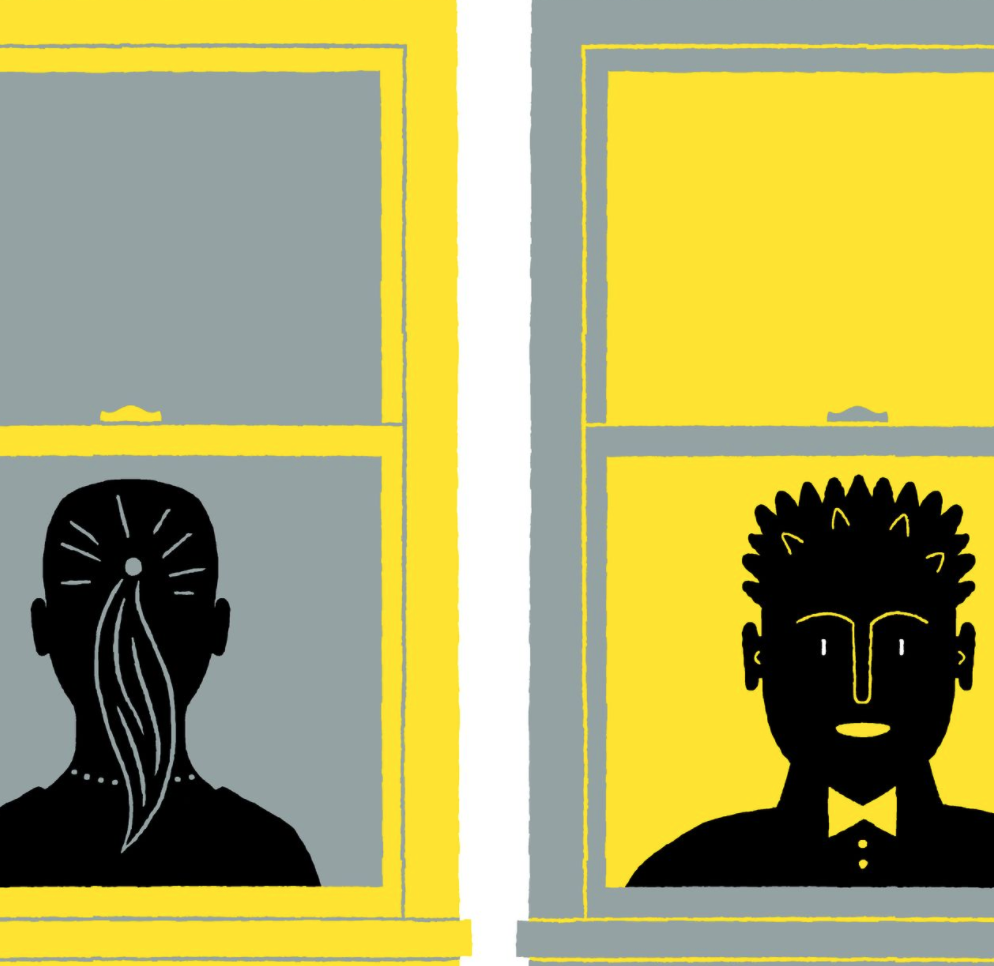Social Butterflies vs. Homebodies During a Pandemic

by Avery Prudenti ’21
Seeing friends, hanging out, and living life to the fullest are things that have been put on hold for a lengthy time now. This social withdrawal has affected everyone as many people thrive off of human contact in social settings such as parties, school, or just being with friends. But there are others who like to spend their free time alone. These people like the occasional outing, but equally enjoy the peace and quiet of staying home.
These social restrictions during the Covid-19 pandemic have had varying impacts on different types of people. For social butterflies, the inability to socialize with their friends or extended family takes a strong toll on them. It may impact them to a greater extent than someone who thrives in solitude. As the strict quarantine regulations have lifted, extroverts have more options to socialize. And introverts? According to the Pittsburgh Post-Gazette, many introverts “mourn the loss of serenity they may have found at home.”
Extroverts are usually people who are more outgoing, overtly expressive people while introverts are shy, reticent people. Most are not just one or the other, it is a scale. People could identify more with one, while still having traits associated with the other. Extroversion and introversion are one of the five basic dimensions of personality, which are called the “Big 5.” The other four include agreeableness, openness, conscientiousness, and neuroticism. These five dimensions are essential to the making of one’s personality and could be the reason the two groups’ responses to Covid-19 are so different.
“I believe that most human beings are social creatures and some healthy in-person relationships are important for mental health,” said Elizabeth Giffen, who is the head of Sherwood’s counseling department. “Saying that, we are in the middle of a health pandemic the likes of which we have never experienced, and that we still do not really know how to handle or control, so students must keep their physical health and safety in mind and do what is appropriate for them and their family.”
As the social distancing requirements extend into the fall and winter months, extroverts likely are becoming impatient with the rules, as they want to experience the social interaction they are lacking. Even introverts may be getting more solitude than they enjoy. “An introvert may realize, ‘Oh, I actually started missing being around people…” states the Pittsburgh Post-Gazette. Both groups may be more open to continuing the restrictions for the safety of others, but with potentially detrimental effects on their mental health.